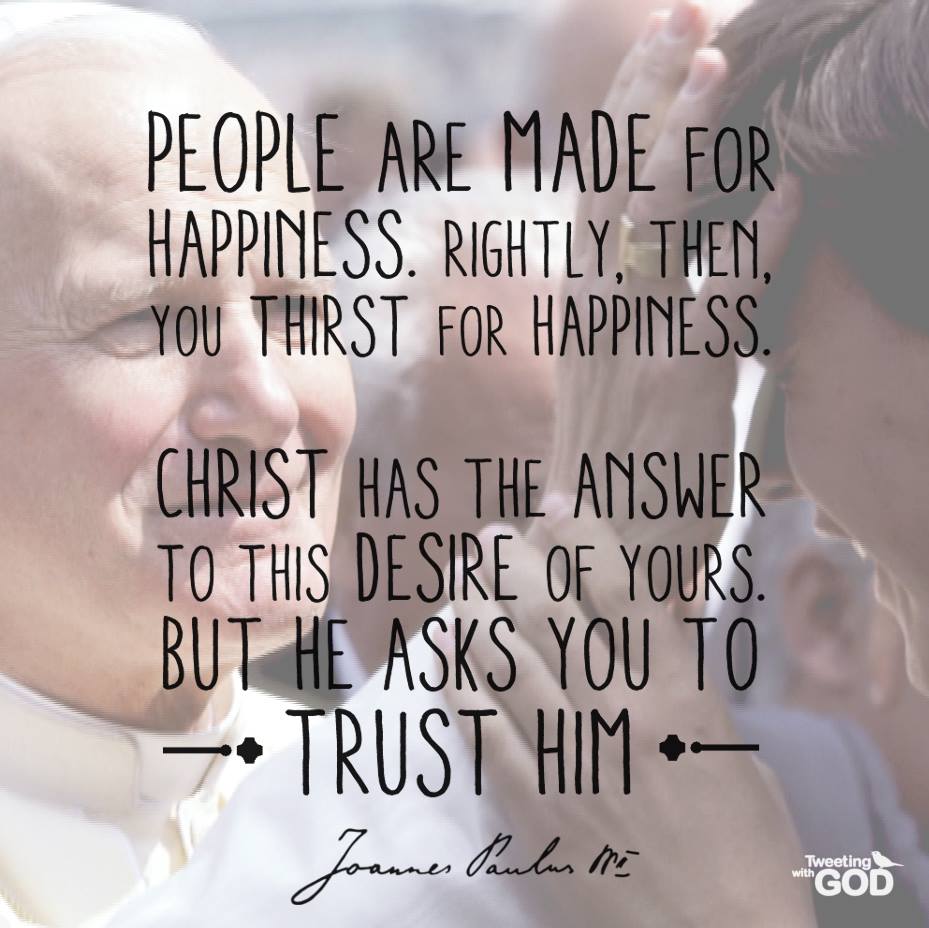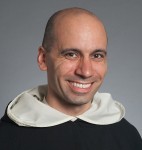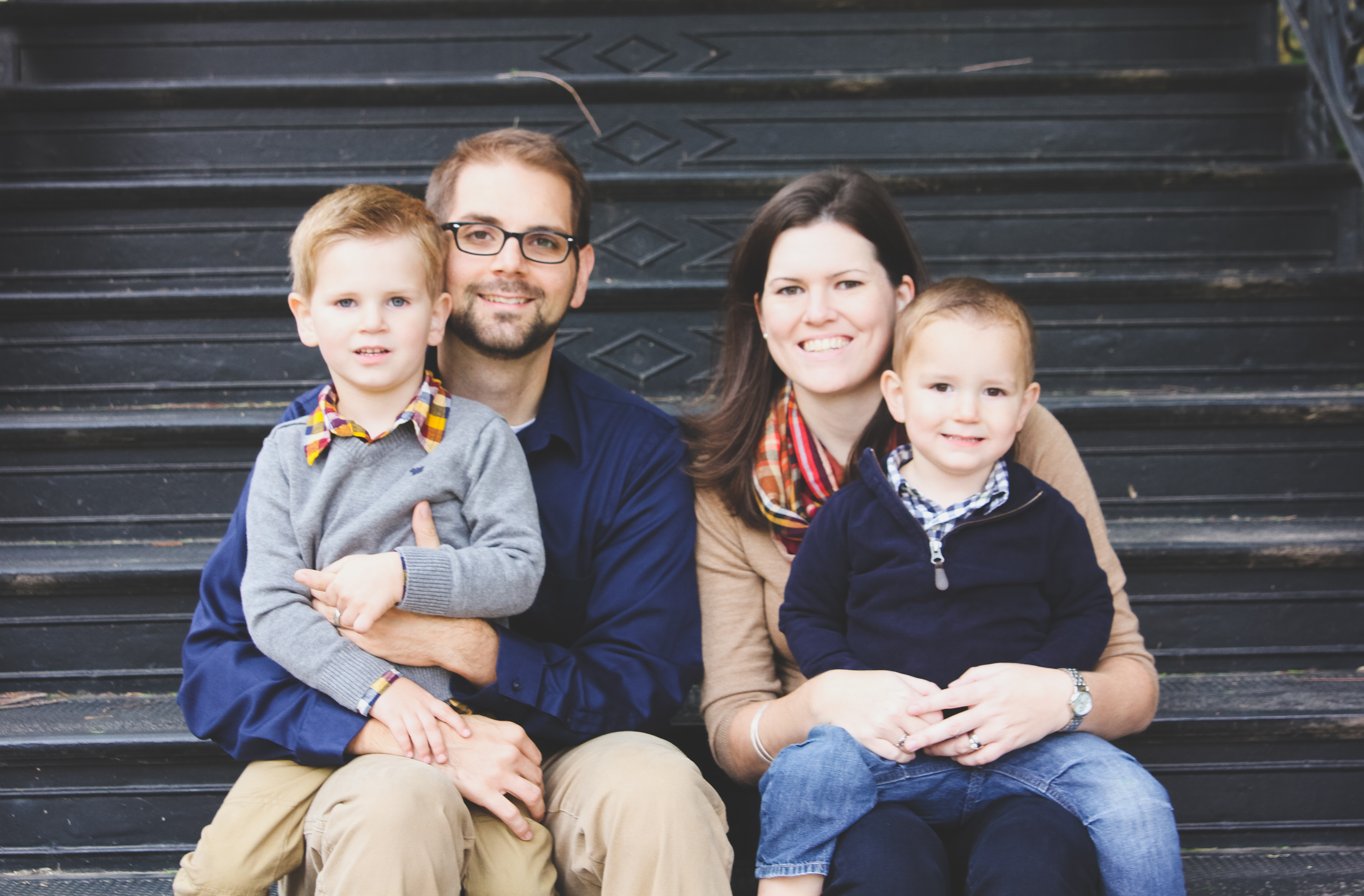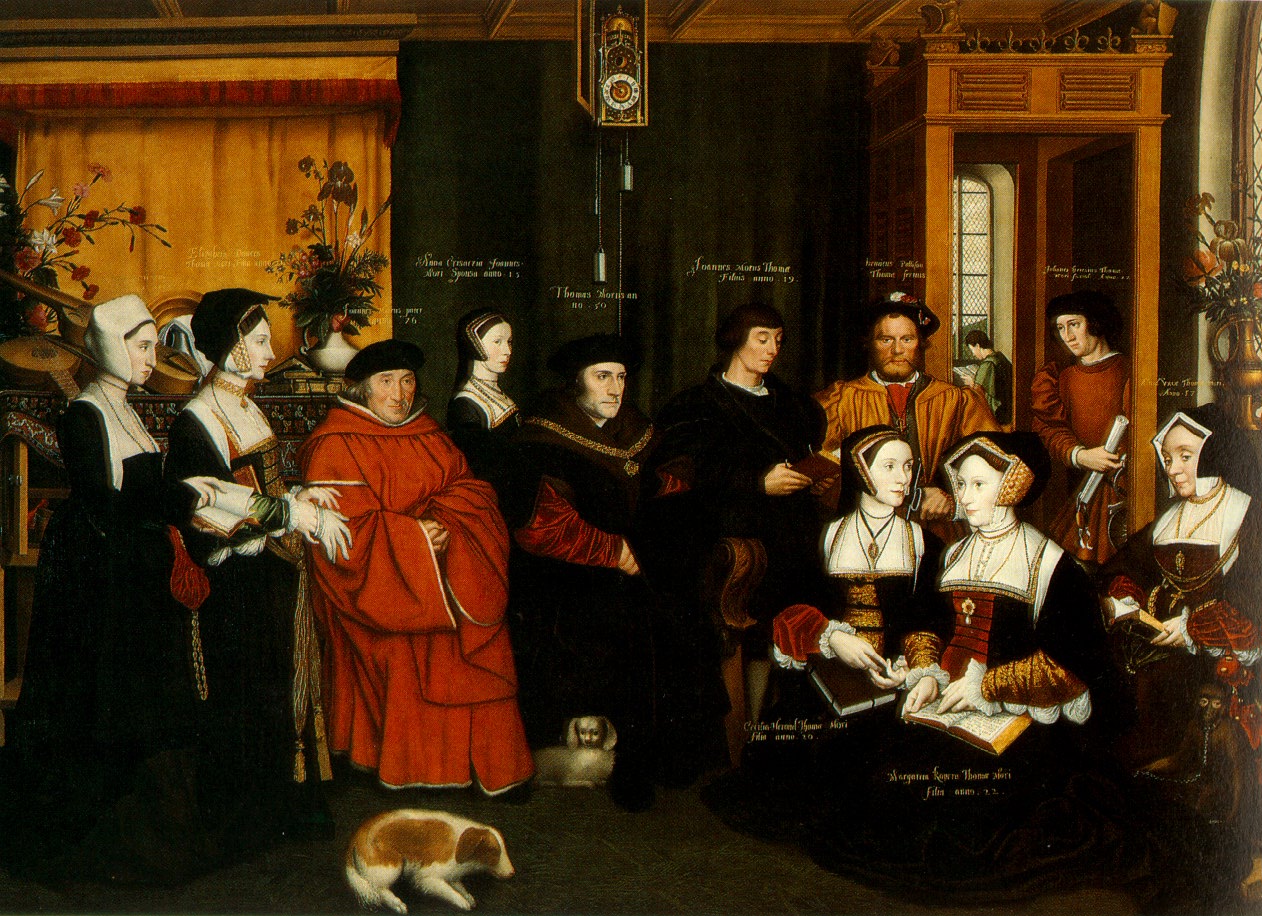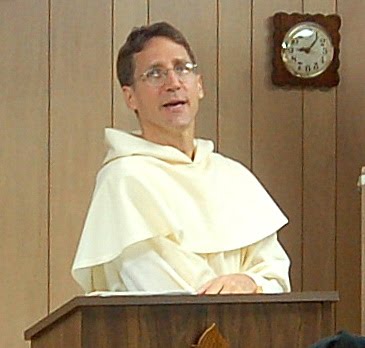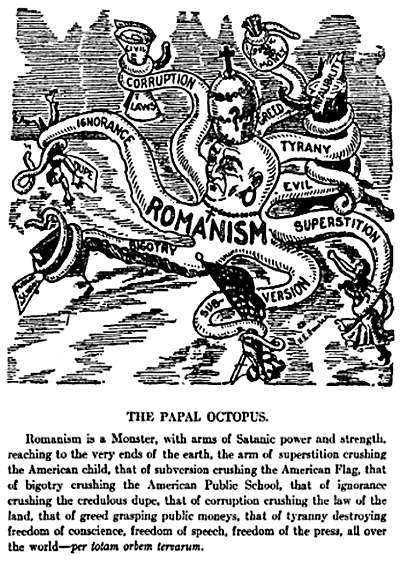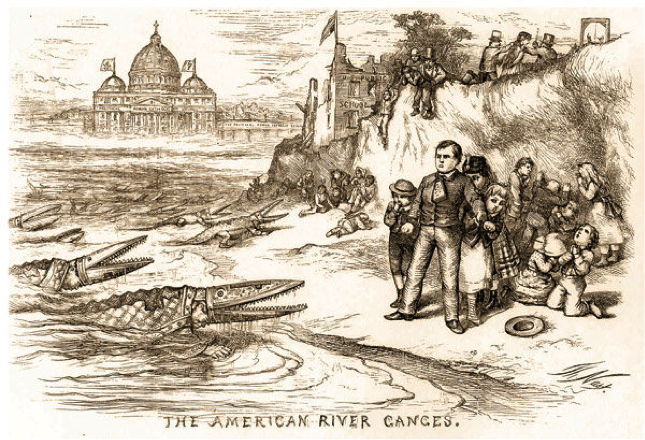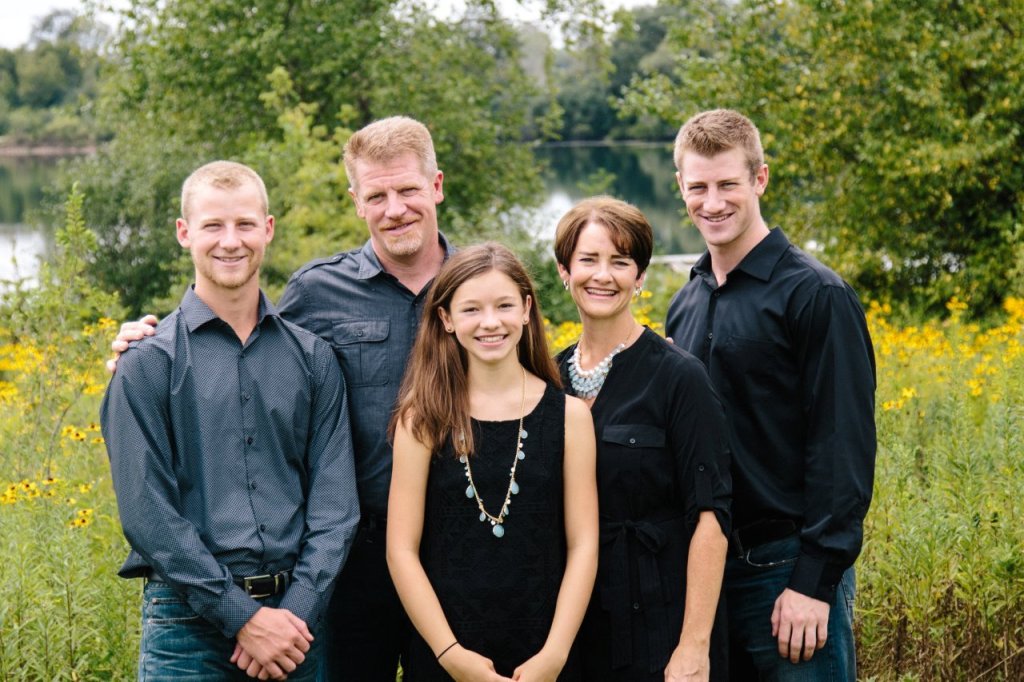“You may criticize something, if you love it.”
– cf St Catherine of Siena, OP
Pope Pius VII ran afoul of Napoleon Bonaparte who invaded Italy in 1809 and took the Pope prisoner. Napoleon announced to the Pope that he was going to destroy the Church, to which Pius VII responded, “Oh my little man, you think you’re going to succeed in accomplishing what centuries of priests and bishops have tried and failed to do!”
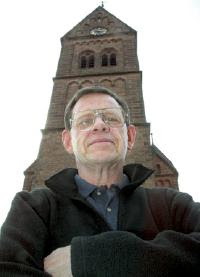
-by Rev Tom Doyle, OP, JCD (I met Tom on several occasions.)
“A letter sent by the vicar general of the diocese of Lafayette, La., to the papal nuncio in June 1984 was the trigger that set in motion a series of events that has changed the fate of the victims of child sexual abuse by Catholic clergy and clergy of all denominations.
The letter informed the nuncio that the Gastal family had decided to withdraw from a confidential monetary settlement with the diocese. It went on to say the family had obtained the services of an attorney and planned to sue the diocese.
This began a long process that has had a direct impact on much more than the fate of victims and the security of innocent children and vulnerable persons of any age. It has altered the image and role of the institutional Catholic church in Western society to such an extent that the tectonic plates upon which this church rests have shifted in a way never expected or dreamed of 30 years ago.
I cannot find language that can adequately communicate the full import of this monstrous phenomenon. The image of a Christian church that enabled the sexual and spiritual violation of its most vulnerable members and, when confronted, responded with institutionalized mendacity and utter disregard for the victims cannot be adequately described as a “problem,” a “crisis” or a “scandal.” The widespread sexual violation of children and adults by clergy and the horrific response of the leadership, especially the bishops, is the present-day manifestation of a very dark and toxic dimension of the institutional church.
This dark side has always existed. In our era, it has served as the catalyst for a complex and deeply rooted process that can be best described as a paradigm shift. The paradigm for responding to sexual abuse by clergy has shifted at its foundation.
The paradigm for society’s understanding of and response to child sexual abuse had begun to shift with the advent of the feminist movement in the early 1970s, but was significantly accelerated by the mid-’80s.
The paradigm of the institutional church interacting in society has shifted and continues to do so as the forces demanding justice, honesty and accountability of the hierarchy continue their relentless pressure. The Catholic monolith, once accepted by friend and foe alike as a rock-solid monarchy, is crumbling.
The single most influential and forceful element in this complex historical process has not been the Second Vatican Council. It has been the action of the victims of sexual abuse.
There are a few of us still standing who have been in the midst of this mind- and soul-boggling phenomenon from the beginning of the present era. We have been caught up and driven by the seemingly never-ending chain of events, revelations and explosions that have marked it from the very beginning and will continue to mark it into the future.
It has had a profound impact on the belief systems and the spirituality of many directly and indirectly involved. My own confidence and trust in the institutional church has been shattered. I have spent years trying to process what has been happening to the spiritual dimension of my life.
The vast enormity of a deeply engrained clerical culture that allowed the sexual violation of the innocent and most vulnerable has overshadowed the theological, historical and cultural supports upon which the institutional church has based its claim to divinely favored status. All of the theological and canonical truths I had depended upon have been dissipated to meaninglessness.
Some of us who have supported victims have been accused of being dissenters from official church teachings. We have been accused of being anti-Catholic, using the sexual abuse issue to promote active disagreement with church positions on various sexual issues.
These accusations are complete nonsense. This is not a matter of dissent or agreement with church teachings. It is about the sexual violation of countless victims by trusted church members. It is not a matter of anti-Catholic propaganda.
It is, however, direct opposition to church leaders, policies or practices that enable the perpetrators of sexual abuse and demonize the victims. It is not a matter of defaming the church’s image. No one has done a better job of that than the bishops themselves.
For some of us, the very concept of a personal or anthropocentric God has also been destroyed, in great part by an unanswerable question: “If there is a loving God watching over us, why does he allow his priests and bishops to violate the bodies and destroy the souls of so many innocent children?”
Much to the chagrin of the hard-core cheerleaders for the institutional church, there is no question that the victims and survivors of the church’s sexual abuse and spiritual treachery have set in motion a process that has changed and will continue to change the history of Catholicism. The Catholic experience has prompted members of other denominations to acknowledge sexual abuse in their midst and demand accountability. It has also forever altered the response of secular society to the once untouchable churches.
The default response
For much of church history, the default response to a report of child, adolescent or adult sexual abuse was first to deny it and, when denial failed, to enshroud it in an impenetrable blanket of secrecy.
The perpetrator was shifted to another assignment. The victim was intimidated into silence. The media knew nothing and if law enforcement or civil officials were involved, they deferred to the bishop “for the good of the church.”
A small number of perpetrators were sent to special church-run institutions that treated them in secrecy and in many instances, released them to re-enter ministry. The founder of the most influential of these, Paraclete Fr. Gerald Fitzgerald, firmly believed that no priest who had violated a child or minor should ever be allowed back in ministry and should be dismissed from the priesthood.
He made his unequivocal beliefs known to bishops, to the prefect of the Holy Office (1962) and to Pope Paul VI in a private audience in 1963. He was ignored.
The Lafayette case involving Gilbert Gauthe was the beginning of the end of the default template.
I suspect that none of the major players in the case had any idea of the magnitude of what they were involved in. I was one of them and I certainly could never have imagined how this would all play out. The case sparked attention because of the systemic cover-up that had gone on from before Gauthe was ordained and continued past his conviction and imprisonment.
Jason Berry was singlehandedly responsible for opening up the full extent of the ecclesiastical treachery to the public. The story was picked up by the national media. Before long, other reports of sexual abuse by priests were coming in from parishes and dioceses not only in the Deep South but in other parts of the country.
In 1985, Ray Mouton, Fr. Mike Peterson and I, believing that the bishops were looking for guidance on how to proceed when faced with actual cases of sexual violation and rape by priests, authored a report or manual that outlined a clear response.
Many of the bishops I spoke to at the time admitted they were bewildered about what to do. None expected the series of explosions that were waiting just over the horizon. Some of the bishops I consulted with were men I had grown to respect and trust. I believed they would support whatever efforts we suggested to deal with the developing situation.
Peterson, Mouton and I did not see it as an isolated, one-time “problem.” Rather, we saw it is as a highly toxic practice of the clerical culture that needed to be recognized and rectified.
Some of the men I consulted with and to whom I turned for support and guidance became, in time, major players in the national nightmare. The two most prominent were Cardinals Bernard Law of Boston and Anthony Bevilacqua of Philadelphia. Both men I once counted as friends.
It was not long before I realized that the major force of opposition was the central leadership of the National Conference of Catholic Bishops and the General Secretariat in particular.
We had initially hoped the bishops’ conference would look at the manual and consider the action proposals that accompanied it. Our realization that the reactionary attitude would be more extensive began when the bishops, through the office of the general council, publicly accused Mouton, Peterson and me of creating the manual as a potential source of profit, with the hope of selling our services to the various dioceses.
At this point, the three of us had to accept the painful reality that episcopal leadership was far more interested in their own image and power than in the welfare of the victims.
At the 2014 Vatican celebrations canonizing Popes John XXIII and John Paul II, George Weigel, conservative Catholic commentator, and Joaquín Navarro-Valls, John Paul’s press secretary, created an outrageous fantasy about the role of John Paul, claiming that he knew nothing until after the 2002 Boston debacle.
This was patently and provably false. John Paul was given a 42-page detailed report on the sex abuse and cover-up in Lafayette, La., in February 1985. It was sent as justification for the request from the papal nuncio that a bishop be appointed to go to Lafayette to try to find out exactly what was going on. Cardinal John Krol of Philadelphia carried the report to Rome precisely because the nuncio wanted it to go directly to the pope and not be sidetracked by lower-level functionaries.
The pope read the report, and within four days the requested appointment came through. The bishop appointed, A.J. Quinn, auxiliary of Cleveland, turned out to be a big part of the problem rather than a part of the solution.
Quinn visited Lafayette twice and accomplished nothing. Mouton, Peterson and I were suspicious of his intentions by the end of 1985 and quite certain by 1986.
In 1990, Quinn addressed the Canon Law Society of America and advised that if bishops found information in priests’ files they did not want seen, they should send the files to the papal nuncio to be shielded by diplomatic immunity. Quinn, a civil lawyer as well as a canon lawyer, was then subjected to disbarment proceedings as a result of his unethical suggestion.
Cardinal Pio Laghi, papal nuncio to the U.S. from 1980 to 1990, was supportive of our efforts and was in regular telephone contact with the Vatican. Cardinal Silvio Oddi, then the prefect of the Congregation for the Clergy, visited the nunciature in June 1985 and asked to be briefed. I was deputed for the task.
By then, we had more information on the rapidly growing number of cases in all parts of the country. I recall that by that time we were aware of 42 cases, which I naively thought was a significant number. I prepared a lengthy report that was not only detailed but also graphic in its content.
I read the report to the cardinal and responded to his many questions. At the end of the meeting, at which only he and I were present, he announced that he would take this information back to the Holy Father. “Then there will be a meeting of the heads of all the dicasteries [Vatican congregations] and we will issue a decree.”
I understand that he did take the information to the pope, but there never was a meeting of the dicasteries and no decree ever came forth.
Our efforts to get the U.S. bishops’ conference to even consider the issues we set forth in our manual, much less take decisive action, were a total failure. Looking back from the perspective of 30 years of direct experience, I believe they acted in the only way they knew how — which was completely self-serving, with scandalous lack of sympathy for the victims and their families.
There were individual bishops who were open to exploring the right way to proceed, but the conference, which represented all of the bishops, was interested in controlling the fallout and preserving their stature and their power. The culprits were, in the pope’s eyes, secular materialism, media sensationalism and sinful priests. He never even acknowledged, much less responded to, the thousands of requests from individual victims.
We sent individual copies of the manual to every bishop in the U.S. on Dec. 8, 1985. We still had hope that perhaps someone would read it and stand up at the conference meetings and call the bishops’ attention to what we had insisted was the most important element, namely the compassionate care of the victims.
In 1986, Peterson arranged for a hospitality suite at the hotel where the bishops were having their annual November meeting. He invited every bishop present — more than 300 — to come and discuss the matter of sexual abuse of minors by the clergy. Eight showed up.
The bishops’ approach in the U.S. and elsewhere followed a standard evolutionary process: denial, minimization, blame-shifting, and devaluation of challengers. The bishops’ carefully scripted apologies expressed their regret for the pain suffered. Never once did they apologize for what they had done to harm the victims.
Likewise, there was never any concern voiced by the Vatican or the bishops’ conference about the spiritual and emotional damage done to the victims by the abuse itself and by the betrayal by the hierarchy.
It became clear by the end of the ’90s that the problem was not simply recalcitrant bishops. It was much more fundamental. The barrier to doing the right thing was deeply embedded in the clerical culture itself.
The Boston revelations in January 2002 had an immediate and lasting impact that surprised even the most cynical. The continuous stream of media stories of what the bishops had been doing in Boston and elsewhere provoked widespread public outrage. The number of lawsuits dramatically increased and the protective deference on the part of law enforcement and civil officials, once counted on by the clerical leadership, was rapidly eroding.
Grand jury investigations were launched in three jurisdictions within two months, with several more to follow. It was all too much for the bishops to handle.
The most visible result of the many-sided pressure on the hierarchy was the Dallas meeting. This was not a proactive, pastorally sensitive gesture on the part of the bishops. It was defensive damage control, choreographed by the public relations firm of R.F. Binder.
The tangible result of the meeting was the Charter for the Protection of Children and Young People, and the Essential Norms. The impact of the charter and the norms has clearly been mixed. The lofty rhetoric of the bishops in the charter has not been followed up with action, to no one’s surprise.
The Essential Norms have not been uniformly and consistently followed. As proof, we can look to the steady number of exceptions from 2002, whereby known perpetrators either are allowed to remain in ministry or are put back in ministry.
The National Review Board showed promise at the beginning, especially after the publication of its extensive report in 2004. This promise sputtered and died as the truly effective members of the board left when they realized the bishops weren’t serious.
Those very few bishops who have publicly sided with the survivors have been marginalized and punished.
The general response has been limited to the well-tuned rhetoric of public statements, sponsorship of a variety of child safety programs, constant promises of change and enlightenment, and, above all, the investment of hundreds of millions of dollars in attorneys who have used every tactic imaginable and many that are not imaginable to defeat and discredit victims and to prevent the hierarchy from being held accountable.
While the institutional church has essentially remained in neutral, various segments of civil society have reacted decisively.
Between 1971 and 2013, there have been at least 72 major reports issued about sexual abuse in the Catholic church. Some of these have been commissioned by official bodies and are the result of extensive investigations, such as the U.S. grand jury reports, the Belgian parliamentary report and the Irish investigation commission reports. They come from several countries in North America and Europe. A study of the sections on causality has shown a common denominator: the deliberately inadequate and counterproductive responses and actions of the bishops.
John Paul attempted to persuade the world that sexual abuse by clergy was an American problem, caused primarily by media exaggerations, materialism and failure to pray. At the conclusion of his first public statement on sexual abuse, a 1993 letter to the U.S. bishops, he said, “Yes, dear Brothers, America needs much prayer — lest it lose its soul.”
By 2014, there was no doubt anywhere that geographic boundaries are irrelevant. This highly toxic dimension of the institutional church and its clerical subculture has been exposed in country after country on every continent.
The focus has finally shifted to the Vatican. In September 2011, the Center for Constitutional Rights assisted in the filing of a case before the International Criminal Court in The Hague. In January 2014, the U.N. Committee on the Rights of the Child delivered a blistering criticism of the Vatican’s response to sexual abuse by clerics. In May 2014, the U.N. Committee Against Torture issued a report equally critical of the Vatican’s handling of sexual abuse claims and its opposition to U.N. policies.
This is truly momentous. The world’s largest religious denomination has been called to account by the community of nations.
Thirty years on
Any conclusions at this point, 30 years later, are obviously temporary, since this is not the end of the issue but simply a milestone along the way.
In spite of all that has happened, I do not believe there has been any fundamental change in the hierarchy. It may be true that individual bishops have either changed or been compassionately supportive all along, but in general the hierarchy is behaving today just as it did in 1985. The dramatic events in St. Paul-Minneapolis and the ongoing scandalous bankruptcy process in Milwaukee are the latest examples of this intransigence.
The institutional church’s abject failure has revealed fundamental deficiencies in essential areas, all of which have been instrumental in perpetrating and sustaining the tragic culture of abuse:
- The erroneous belief that the monarchical governmental structure of the church was intended by God and justifies the sacrifice of innocent victims;
- The belief that priests and bishops are superior to laypersons, entitled to power and deference because they are ontologically different and uniquely joined to Christ;
- A lay spirituality that is dependent on the clergy and gauged by the degree of submission to them and unquestioned obedience to all church laws and authority figures;
- An obsession with doctrinal orthodoxy and theological formulations that bypasses the realities of human life and replaces mercy and charity as central Catholic values;
- An understanding of human sexuality that is not grounded in the reality of the human person but in a bizarre theological tradition that originated with the pre-Christian stoics and was originally formulated by celibate males of questionable psychological stability;
- The clerical subculture that has propagated the virus of clericalism, which has perpetuated a severely distorted value system that has influenced clergy and laity alike.
Has Pope Francis brought a new ray of hope? He is a significantly different kind of pope, but he is still a product of the monarchical system and he is still surrounded by a bureaucracy that could hinder or destroy any hopes for the radical change that is needed if the institutional church is to rise above the sex abuse nightmare and become what it is supposed to be, the people of God.
The victims and indeed the entire church are tired of the endless stream of empty statements and unfulfilled promises. The time for apologies, expressions of regret, and assurances of change is long gone. Action is needed, and without it, the pope and bishops today will simply be more names in the long line of hierarchs who have failed the victims and failed the church.
A few recent actions give some hope that Francis will supply more than words to the church’s efforts. He laicized Jozef Wesolowski, the former nuncio to the Dominican Republic, and placed him on trial for numerous charges of sexual abuse of children. Prior to that, he laicized Bishop Gabino Miranda, auxiliary of Ayachuca, Peru in July 2013 for sexually abusing a young girl.
Additionally, he has instituted a new tribunal to hold bishops accountable. This was urged by his own abuse commission, which indicates he is listening to it. In a period of less than two months, he has forced the resignations of three U.S. bishops who failed in handling sex abuse cases: Bishop Robert Finn of Kansas City-St. Joseph, Mo.; and Archbishop John Nienstedt, and his auxiliary, Bishop Lee Piché, of St. Paul-Minneapolis.
I believe there is reason to hope, not because of Francis’ engaging personality. This pope’s overtures to victims are grounded on three decades of courageous efforts by survivors. Without these efforts, nothing would have changed.
Survivors have changed the course of history for the church and have accelerated the paradigm shift. If the Catholic church is to be known not as a gilded monarchy of increasing irrelevance but as the people of God, the change in direction hinted at by the new pope’s words and actions are crucial. If he does lead the way to a new image of the body of Christ, it will be due in great part because the survivors have led the way for him.”
Please pray for all victims of sexual abuse and betrayal.
Lord! Save us! From ourselves, most of all! Lk 22:62 Mt 27:5
St Catherine of Siena, pray for us!
Love,
Matthew







